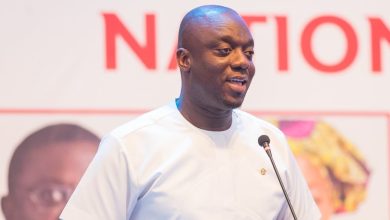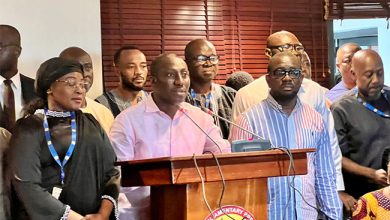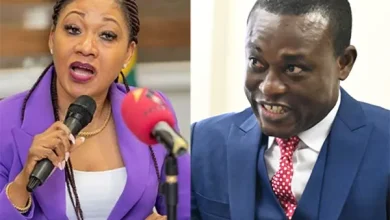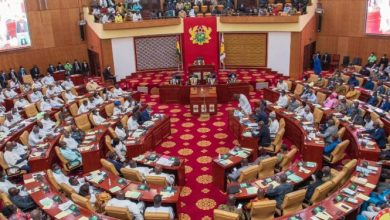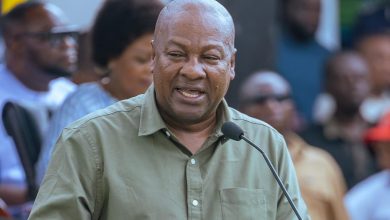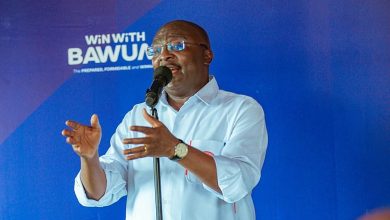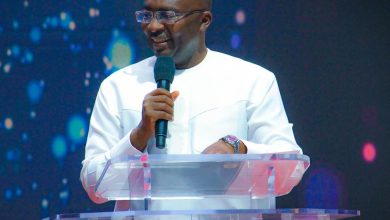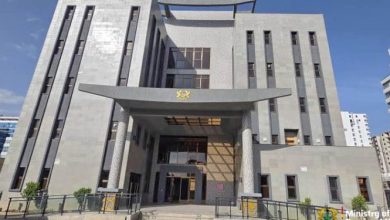#Budget2021: Debt growth slower under Nana Addo govt – Kyei-Mensah-Bonsu
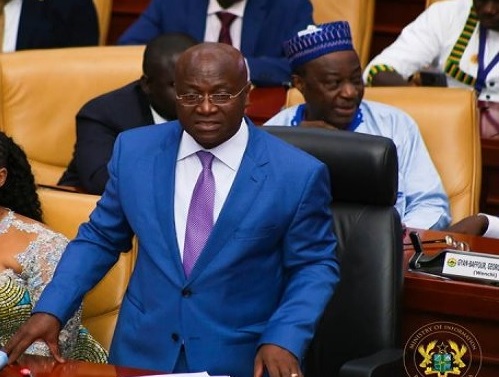
Debt growth has been slower under the Akufo-Addo government despite the massive investments made into social intervention programmes and the impact of the COVID-19 pandemic, the Majority Leader and the caretaker Minister for Finance, Osei Kyei-Mensah-Bonsu has said.
Mr Kyei-Mensah-Bonsu made this statement when he appeared before Parliament to present the government’s budget statement for 2021.
“Despite the impact of the COVID-19 pandemic, the rate of growth of the public debt has been lower under our government than under previous governments. The rate of debt growth was also slower under our government despite investment in our flagship programmes such as Free SHS; Planting for Food and Jobs; NABCo; One District, One Factory; One Village, One Dam; One Constituency, One Ambulance, and the restoration of the allowances for trainee teachers and nurses, among other things, while maintaining macro-economic and exchange rate stability.”
This, according to him, was made possible by the prudent management of the economy by the Akufo-Addo administration.
“This reinforces the fact that the Akufo-Addo government and indeed the NPP are simply better managers of the economy and better protectors of the public purse,” he said.
The Suame legislator also disclosed that Ghana’s debt stock, as of December 2020 is at GHS291.6 billion.
He said the figure ballooned due to COVID-19 and banking clean up related expenditures.
The caretaker Finance Minister added that the government is ready to steer the affairs of the country in a way that will make the economy more resilient.
He said although the outbreak of the COVID-19 derailed many of the country’s plans, the government has undertaken a number of activities that have ensured that the country can now quickly recover.
Mr Kyei-Mensah-Bonsu added that the GHS100 billion investment into the Ghanaian economy will also revitalize the economy.
“Mr Speaker, pursuing the GHS100 billion Ghana CARES Obaatan pa programme allows us to address the challenges and also seize the opportunities created by COVID-19 for socio-economic transformation. This programme will foster closer collaboration with the private sector, labour, faith-based organizations and development partners to complement efforts in the revitalization and growth agenda.”

